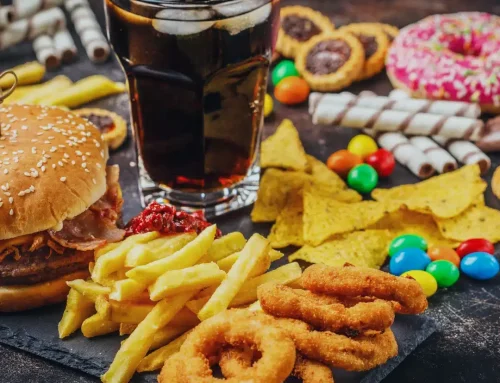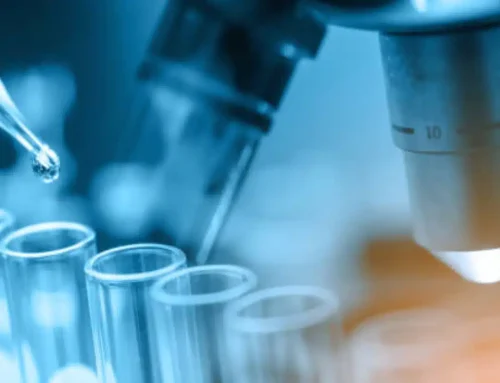
Early-Life Exposure to Bacterial Toxin Linked to Increased Risk of Early-Onset Colorectal Cancer
A recent study published in Nature by Díaz-Gay et al. has linked early-life exposure to a bacterial toxin called colibactin, produced by certain strains of E. coli, with the rise in early-age onset colorectal cancer (EAOCRC). Researchers found colibactin-related DNA mutations were 3.3 times more common in individuals diagnosed with colorectal cancer before age 40 compared to those diagnosed after age 70.
The study analyzed 981 colorectal cancer genomes across 11 countries and discovered that these mutations likely occur within the first 10 years of life, suggesting that exposure to colibactin in childhood could trigger cancer development decades later. These mutations are associated with APC driver genes, which are among the earliest genetic changes in colorectal cancer.
Certain countries—including Argentina, Brazil, Colombia, Russia, and Thailand—showed particularly high levels of these mutation signatures, suggesting geographic and environmental variation in exposure.
Researchers emphasized that further investigation is needed to understand how children are exposed to colibactin-producing bacteria and how exposure could be detected or prevented. They are exploring whether probiotics, early detection tests using stool samples, or region-specific strategies could help reduce risk.
The findings highlight the importance of early-life environmental exposures in cancer development and may lead to new global prevention and screening strategies for EOCRC.





